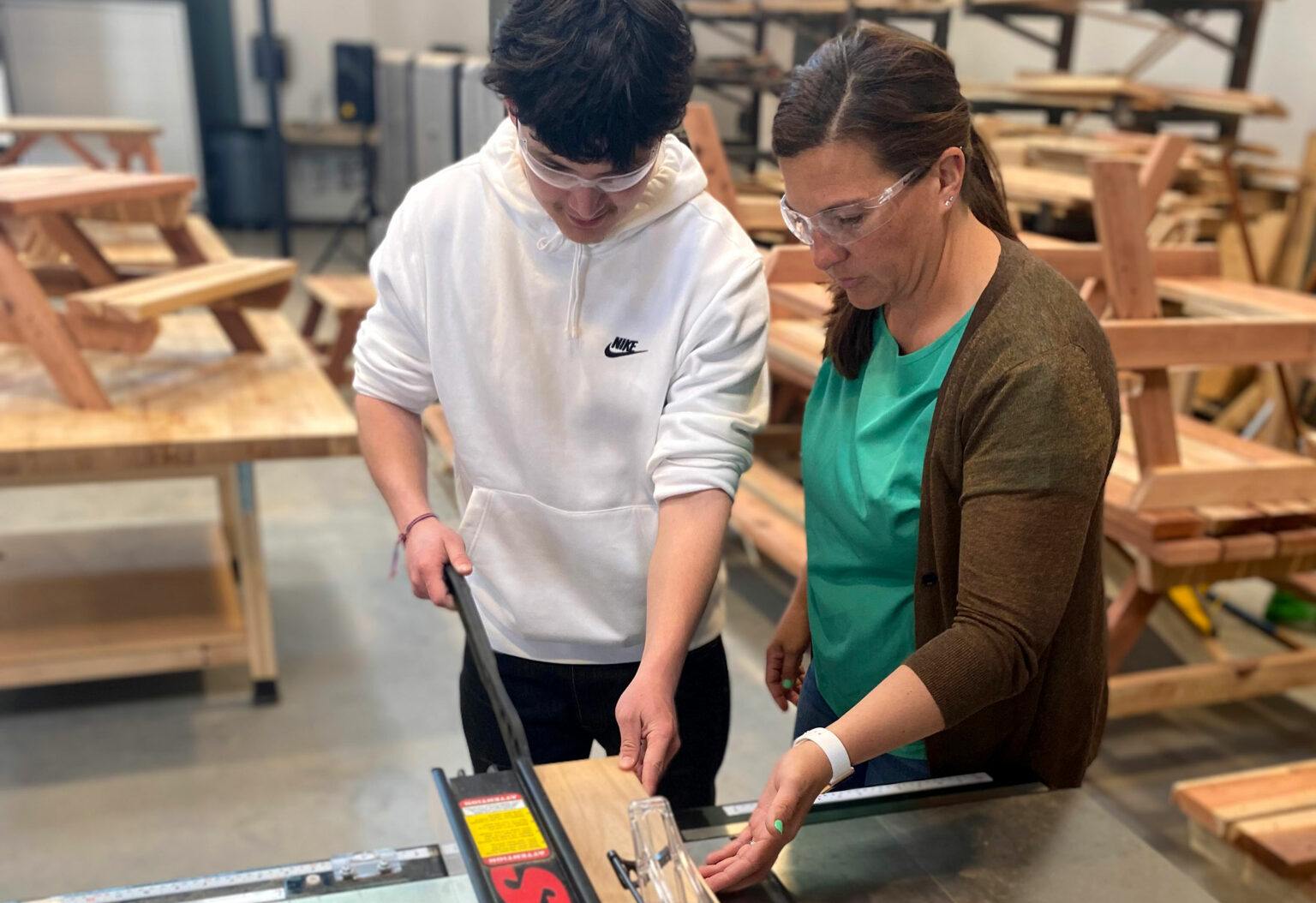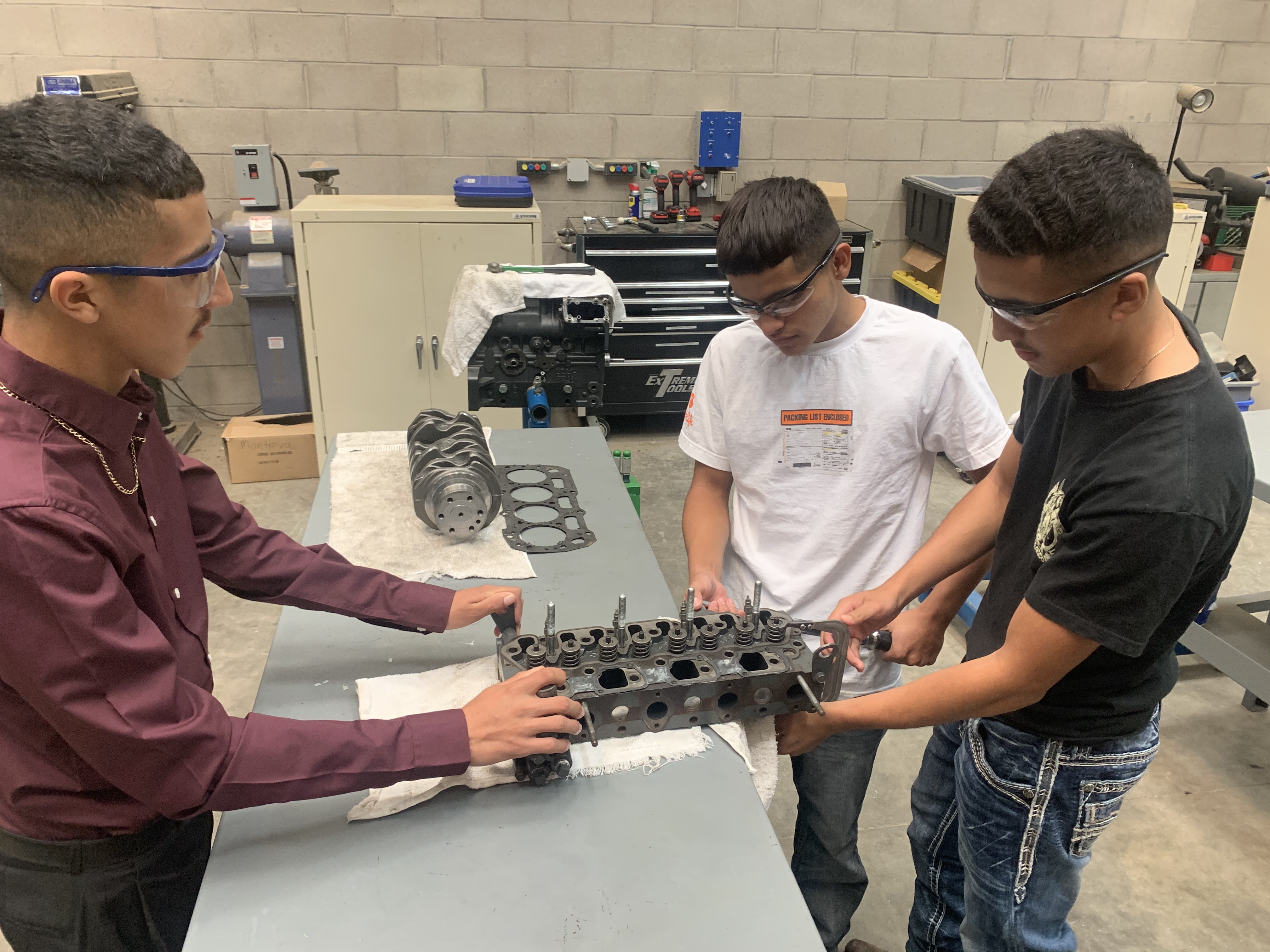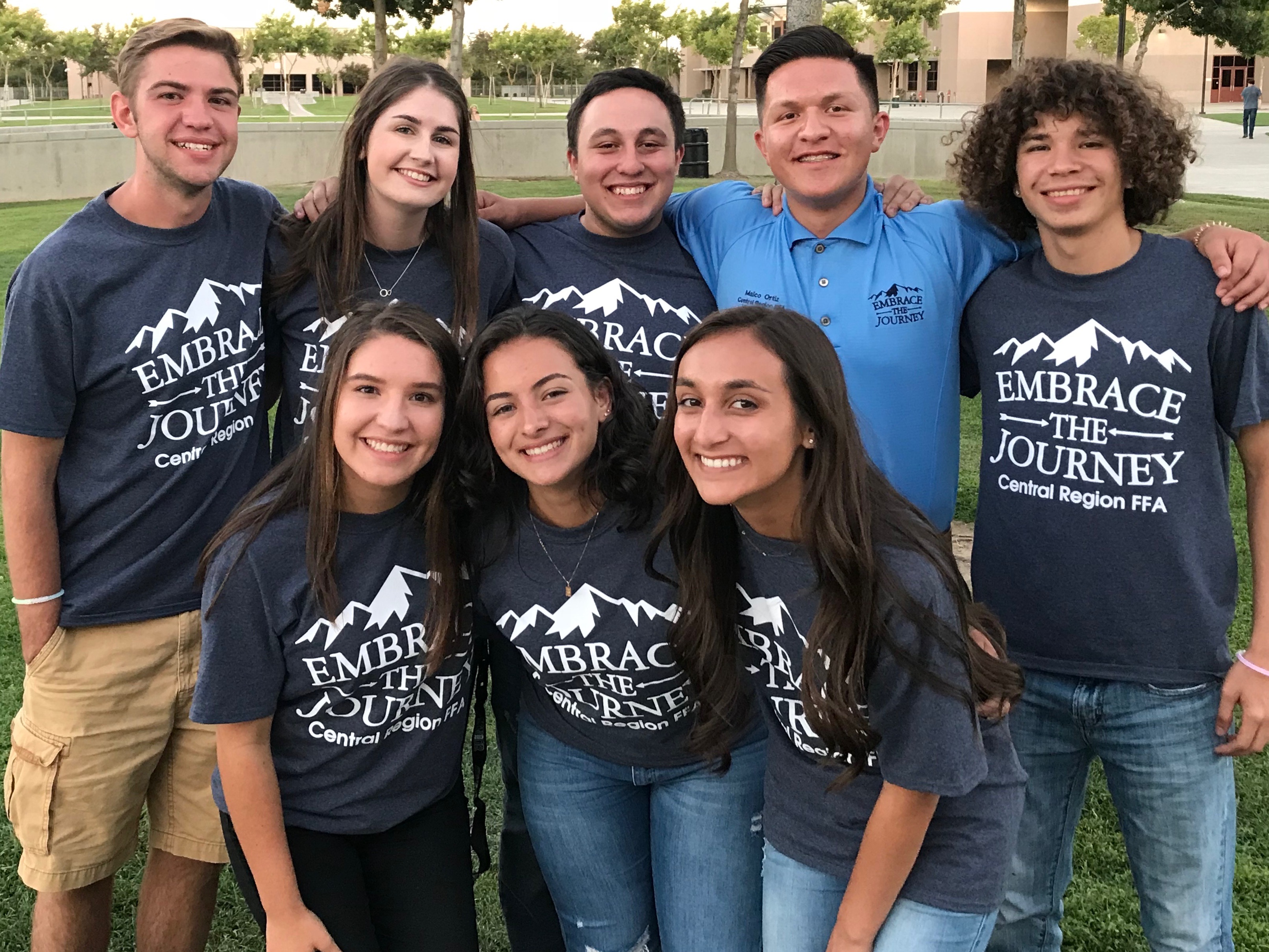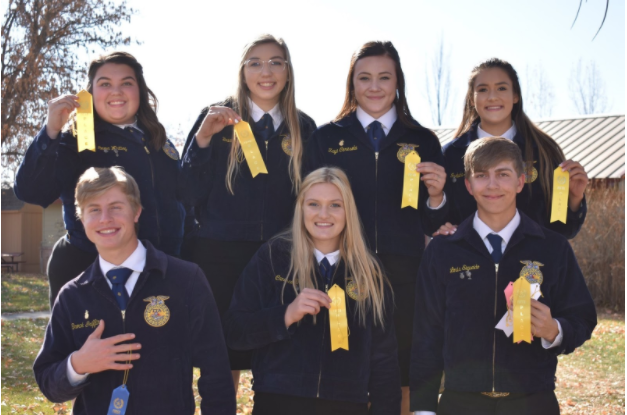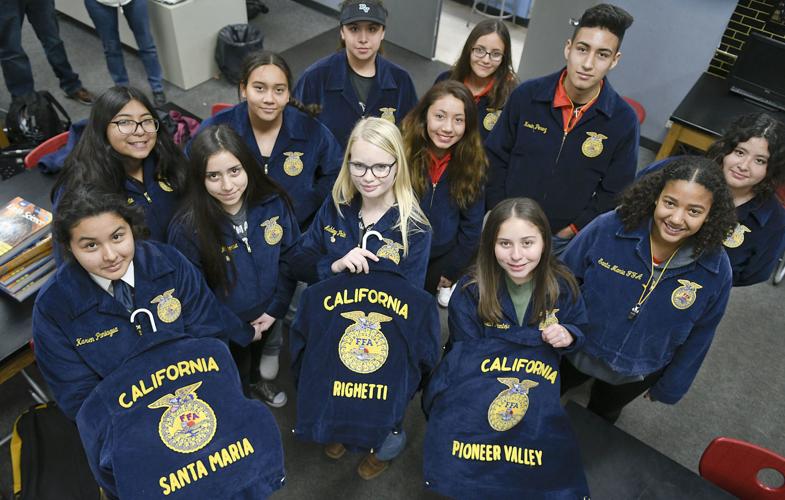By Dr. Jacob Vazquez, Butte College Agriculture Business Instructor
As a former community college student and current instructor, I’m a big fan of California Community Colleges (CCC). My journey started at Butte College (Butte), then Fresno State, then Farm Credit, and now back at Butte serving as an agriculture business instructor. The CCC system is robust and inclusive, proudly holding the title of the largest higher education system in the United States. With 116 colleges, it hosts a vibrant community of 1.9 million enrolled students (California Community Colleges Chancellor's Office, n.d.).
However, despite the undeniable value of community colleges, a lingering stigma of inadequacy persists in comparison to universities, as noted by Gauthier (2020) and Shaw et al. (2019). Drawing upon my firsthand experience as both a student and instructor, here are three stigma-breaking reasons why agriculture students can feel empowered and confident in their choice to attend a community college.
A Program for Everyone
With 116 colleges in California, you can be certain that at least one of them will offer opportunities that align with your interests. CCCs offer a wide range of agriculture-related disciplines. The most common programs include agriculture business, animal science, and plant science. Beyond these traditional programs, the CCC network boasts a wealth of specialty programs as well. Examples include equine studies at Feather River College, food safety management at College of the Sequoias, and agriculture education at Reedley College.
CCCs offer a wide range of agriculture-related disciplines. The most common programs include agriculture business, animal science, and plant science. Beyond these traditional programs, the CCC network boasts a wealth of specialty programs as well. Examples include equine studies at Feather River College, food safety management at College of the Sequoias, and agriculture education at Reedley College.
Unbeatable Value
Many community colleges offer free or reduced tuition for eligible students. Butte has the Promise Scholarship, where qualifying students are awarded two years of free tuition and fees. Many colleges also have merit scholarships designated specifically for agriculture majors.
It's a common misconception to associate affordability with compromised quality. However, based on my extensive experience within the CCC system, this assumption does not hold true.
The Best Part—The People
My favorite part of CCC is the people. Let’s start with the dedicated faculty. As part of  the CCC agriculture faculty, I've witnessed firsthand the unwavering commitment to enriching students' lives. Like your high school agriculture teachers, we hold multiple events throughout the year to collaborate on curriculum, discuss best practices, and advance the profession. Additionally, our job responsibilities are (typically) solely devoted to instruction, whereas university professors likely have extensive research and service responsibilities. This means our energies are primarily channeled into the classroom and our students, where we can make meaningful connections.
the CCC agriculture faculty, I've witnessed firsthand the unwavering commitment to enriching students' lives. Like your high school agriculture teachers, we hold multiple events throughout the year to collaborate on curriculum, discuss best practices, and advance the profession. Additionally, our job responsibilities are (typically) solely devoted to instruction, whereas university professors likely have extensive research and service responsibilities. This means our energies are primarily channeled into the classroom and our students, where we can make meaningful connections.
Staff at CCCs carry a "students first” mentality. The number of services available at a CCC is truly remarkable, and often provided at no cost to students. Whether it’s help finding an internship, tutoring for statistics homework, food when the pantry is low, or mental health counseling, CCCs offer a robust array of services. These services are staffed with kind, passionate people who work tirelessly to support student success.
Finally, my favorite group is the students. What makes this community special is the unique opportunity it provides for students to enter college with a pre-established group of friends cultivated through FFA activities. Both at Butte and Fresno State, some of my best friends in college were people I had met earlier as an FFA member. This dynamic of having an established group of friends, from outside your hometown, on your first day of college, is unique and not experienced by many other majors.
While my connection with FFA provided a solid foundation for friendships, many of my friends extended beyond the familiar FFA circle. Community colleges bring together people from a variety of life journeys, and it's important to get to know others outside the FFA bubble. For me, this included my teammates on Butte’s football team, including guys from Arkansas, Michigan, and even Canada.
Whatever we’re involved in, take advantage of the rich experiences of your classmates. Agriculture is a tight-knit industry, and many of your classmates will be in your professional networks throughout your career.
Conclusion
I’m a big fan of CCCs. My personal journey, enriched by the invaluable opportunities within the CCC system, has not only reshaped my life but has also cultivated a profound appreciation for the exceptional programs, affordability, and the supportive community that drives academic success. As FFA alumni navigating the dynamic landscape of life, I encourage you to explore the myriad benefits offered by CCC programs. Whether you're seeking cost-effective general education courses for the summer or aiming to cultivate specialized skills in agriculture for your future, CCC programs provide a gateway to endless possibilities.
REFERENCES
California Community Colleges Chancellor's Office. (n.d.). Key facts. https://www.cccco.edu/About-Us/Key-Facts
Gauthier, T. (2020). A renewed examination of the stigma associated with community college career and technical education. Community college journal of research and practice, 44(10-12), 870-884. https://doi.org/10.1080/10668926.2020.1758835
Shaw, S. T., Spink, K., & Chin-Newman, C. (2019). "Do I really belong here?": The stigma of being a community college transfer student at a four-year university. Community college journal of research and practice, 43(9), 657-660. https://doi.org/10.1080/10668926.2018.1528907
 Dr. Jacob Vazquez is an agriculture business instructor at Butte College and chair of the Post-Secondary Division for the California Agricultural Teachers’ Association. Prior to joining Butte College, he was an Associate Vice President at Farm Credit. Jacob served as State Treasurer for California FFA from 2011-2012.
Dr. Jacob Vazquez is an agriculture business instructor at Butte College and chair of the Post-Secondary Division for the California Agricultural Teachers’ Association. Prior to joining Butte College, he was an Associate Vice President at Farm Credit. Jacob served as State Treasurer for California FFA from 2011-2012.

